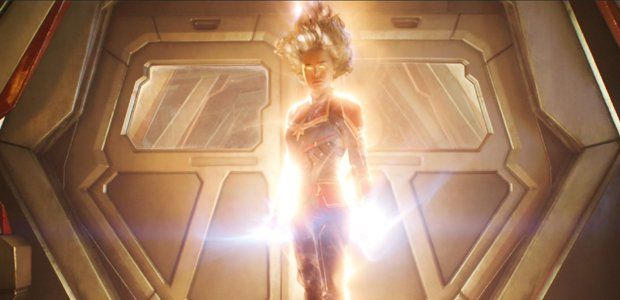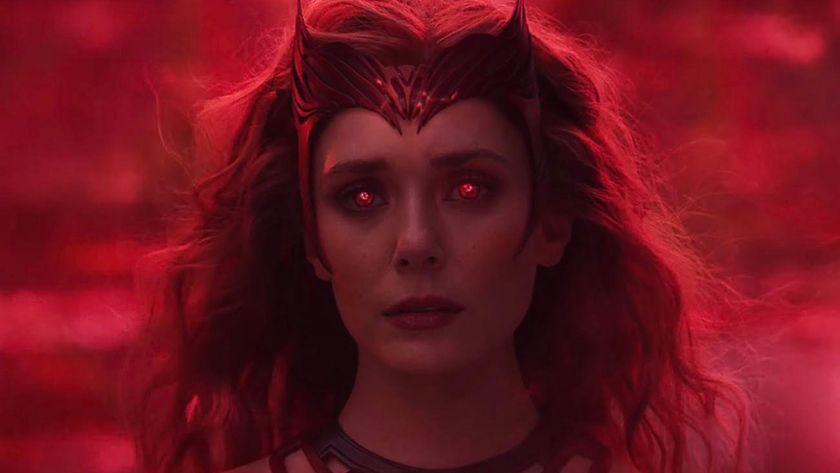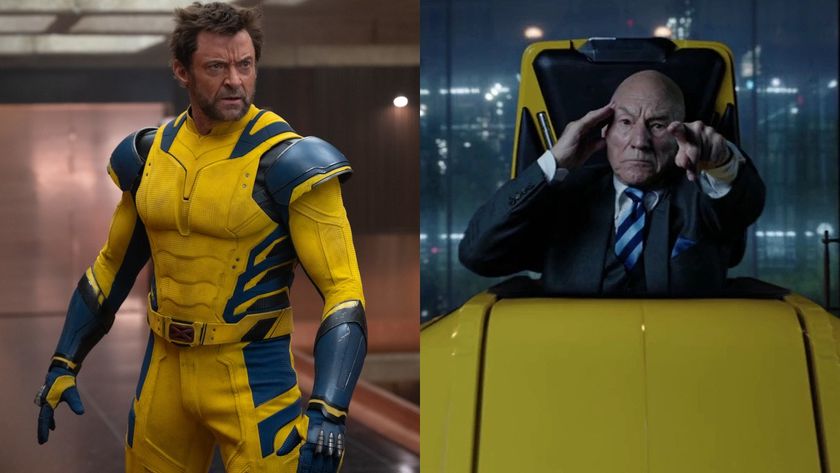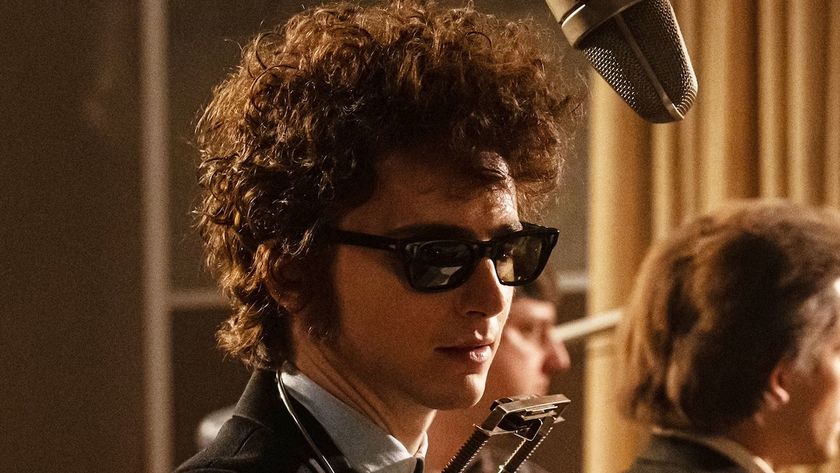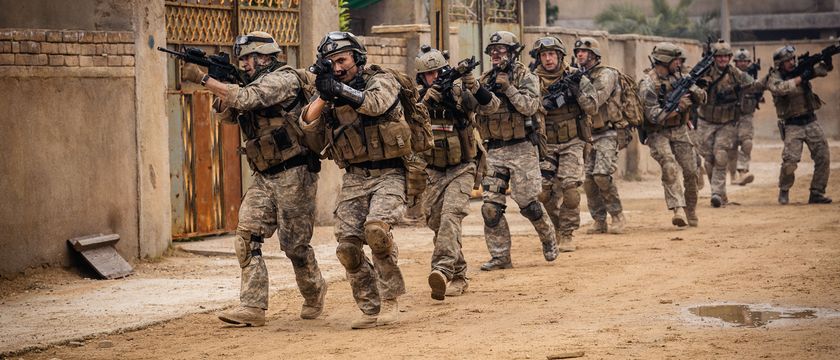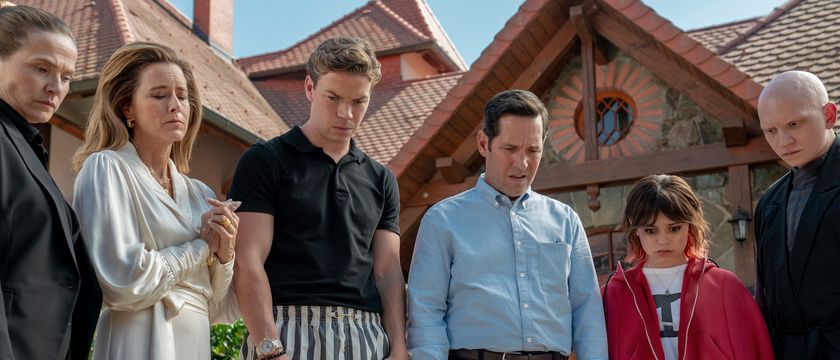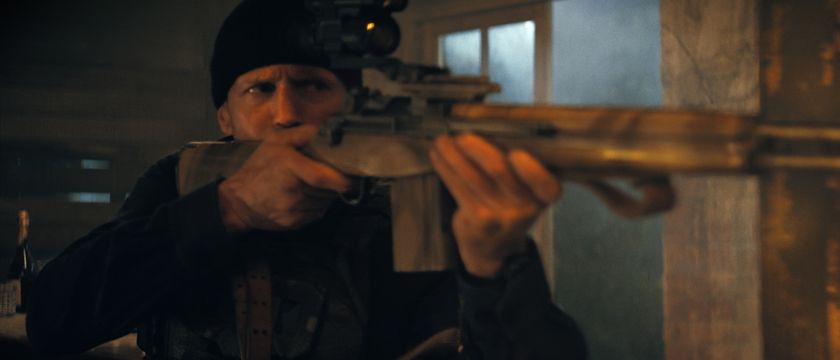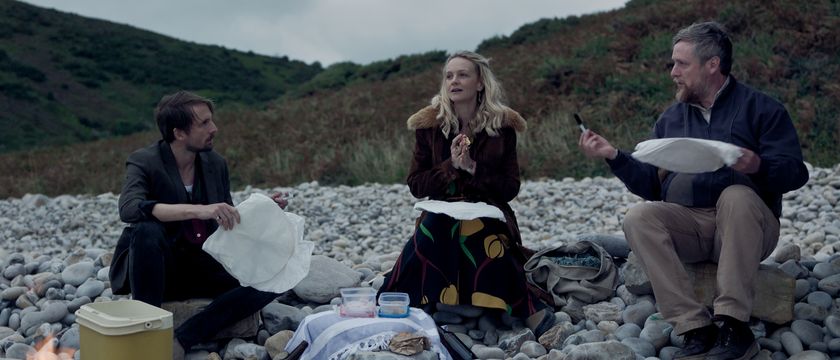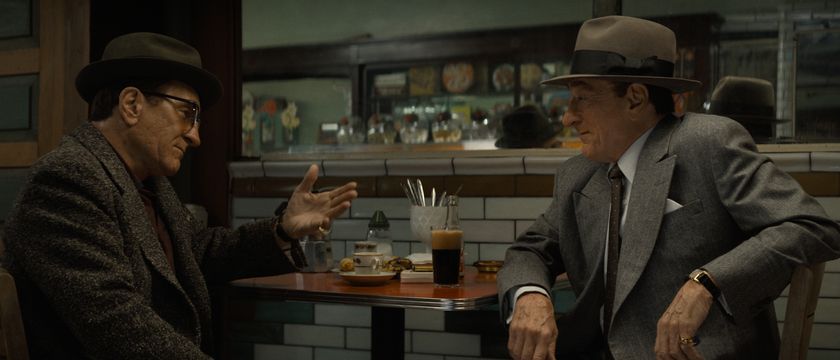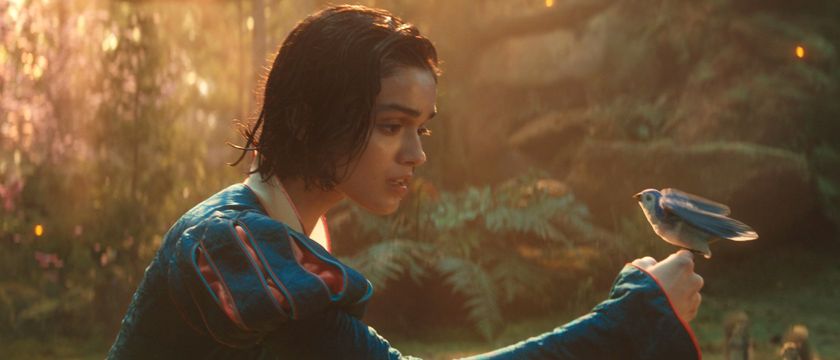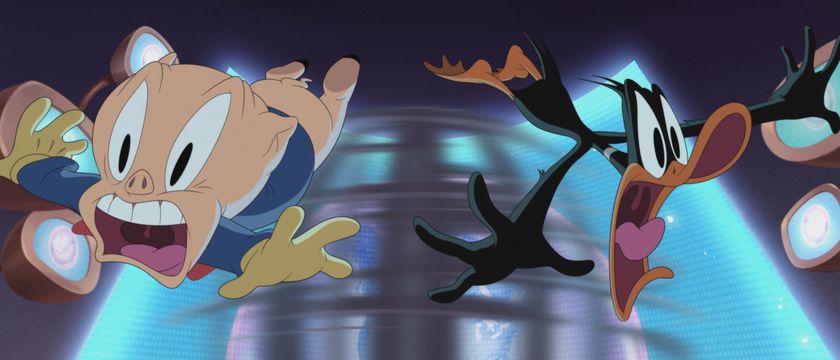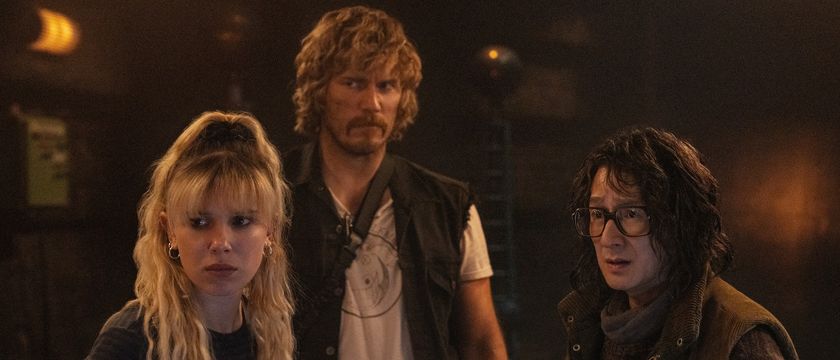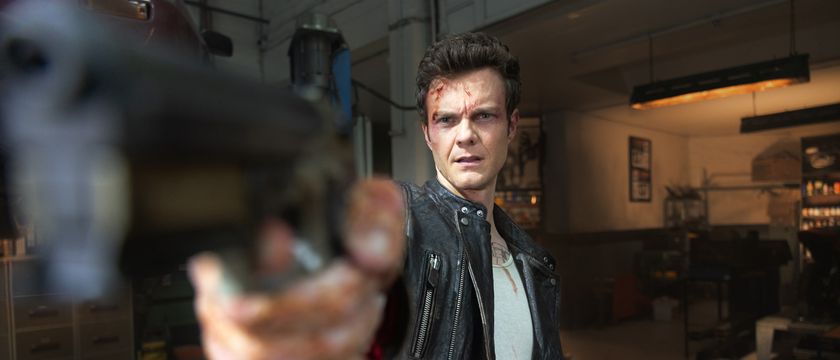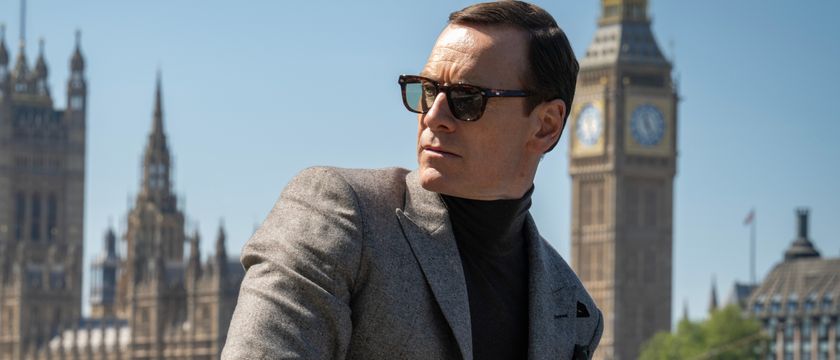As popular as comic book movies have become, origin stories remain a complex bugaboo for the genre. They exist as a simple way to introduce audiences to important heroes, and are built to inform the masses about goals, ideals, and unique abilities. But there is also a growing familiarity problem. At this point it's hard not to notice the structure that keeps getting employed, with many hour-long first acts giving way to costumed vigilante activity and significant defeats, and third acts showcasing emotional growth and retribution against a key adversary.
It has become clear that this kind of storytelling isn't going away, but there is a fix that also happens to be the same tonic that is staving off general genre oversaturation: variety. Filmmakers can still tell big screen origins, but they have to find methods to tell them differently than the ways that have become custom and stagnant. In this arena, Anna Boden and Ryan Fleck's Captain Marvel is absolutely a blockbuster to which the industry should look as it's doing its part to try and reinvent the wheel, and while doing so serving up a fantastic hero debut within a spectacular and twist-filled, 1990s-set adventure.
This isn't a story that starts with ace fighter pilot Carol Danvers (Brie Larson) being involved in an accident and gaining cosmic powers, but instead begins with her lightyears away living on the planet Hala, the homeworld of the alien species the Kree. She already has certain powers, such as superhuman strength and the ability to fire photon blasts from her fists, but what she lacks is a real memory of who she is -- going by the name Vers.
Despite her identity issues, what she does know is that she is a dedicated Kree, and she expresses that dedication serving alongside her mentor Yon-Rogg (Jude Law) as part of a military unit called Starforce. The Kree have been locked in a centuries-long war with the shapeshifters known as the Skrulls, and it's because of this conflict that Vers gets involved with a mission that goes horribly wrong. Ambushed and captured by the Skrull leader Talos (Ben Mendelsohn), she has to escape, and in doing so finds herself crash landing and marooned on Earth. This chain of events leads her to meet young S.H.I.E.L.D. Agent Nick Fury (Samuel L. Jackson), but more importantly she also starts to learn about her personal history on the planet.
Between its modified structure, period storytelling, and spoiler-y Marvel Cinematic Universe connections, there is a lot going on in Captain Marvel, but its key mission is always advancing its titular hero, and it's particularly successful thanks to the awesome performance from Brie Larson. With all that Carol Danvers has going on, there's a lot to wrap your head around, and the actress brightly captures every element of the character, from her devotion to the good fight, to her unyielding snark. The way her memory works means that Carol is learning her story right alongside the audience, and it's a wonderful journey watching her develop from strong, to stronger, to strongest, all pulled off by Larson's immense confidence and depth.
Of course, no Marvel Studios solo movie is ever really 'solo,' and Captain Marvel outfits its lead with one the most impressive supporting casts they've assembled, including Samuel L. Jackson delivering not just his best Nick Fury performance yet (the veteran spy as badass and witty as ever), but also doing his part to change cinematic history. While we've seen some incredible de-aging visual effects utilized in movies before (including Marvel titles like Ant-Man and Captain America: Civil War), what's been done here is absolutely next level as Jackson is exquisitely made to look exactly as he did back in the mid-1990s. The work is utterly flawless, and as you watch the brilliant buddy cop-esque banter between Fury and Carol there shockingly isn't a single moment where you break from the reality of the movie to admire just how amazing the digital work is. Needless to say, it's an advancement that could change blockbusters forever, and it doesn't hurt that it's an icon shepherding the way.
The dynamic between Carol and Fury is Captain Marvel's most engaging relationship, but the reality is that every star brings something special to the table here. Ben Mendelsohn as the antagonistic Talos, for example, totally flips the script on your expectation for him, playing the character with the strength of a military leader, but also injecting him with a weird comedic wryness and attitude that changes the energy of each of his scenes for the better. On the other side of that, playing Carol's best friend and fellow pilot, Maria Rambeau, Lashana Lynch is very much the heart of the blockbuster, and instills a resonance into the story that enhances the weight of everything that happens.
As to be expected, there isn't as much meat on the bone narratively as you typically see in, say, a first sequel -- where filmmakers have the chance to tell any story they want with the origin having been established -- and one element that isn't as strong as you'd hope here in the subgenre game. While titles like Captain America: The Winter Soldier and Thor: Ragnarok excelled by heavily leaning into their core stylistic inspirations, the specific '90s action movie influences for Captain Marvel aren't as strong as you'd hope, and doesn't give the film the extra pop that the very best of Marvel Studios delivers.
While the blockbuster may be lacking that extra-genre flair, however, it does at the very least do its best fully leaning into its period aesthetic, and it's a nostalgic jackpot. Featuring the music of No Doubt, Elastica, R.E.M., TLC, Nirvana, and more, the soundtrack alone is hella fly (as we used to say), but it's the little touches all over that spread smiles ear to ear, as you can't help but take notice of the Rock The Vote flyers, archaic search engines, and classic Game Boys.
The fact that I've gotten through almost this entire review without mentioning Goose -- the scene-stealing, incredibly adorable orange cat with a few massive surprises of his own -- should show how much Captain Marvel delivers as a cinematic experience. It does still suffer some of the origin movie drawbacks (as always, particularly noticeable to those familiar with the source material), but it also avoids enough of them to still feel like a standout compared to, for example, Doctor Strange or Ant-Man. Overall it marks another tremendously exciting addition to the expansive big screen universe, the anticipation for her next adventure is immediately at maximum.

Eric Eisenberg is the Assistant Managing Editor at CinemaBlend. After graduating Boston University and earning a bachelor’s degree in journalism, he took a part-time job as a staff writer for CinemaBlend, and after six months was offered the opportunity to move to Los Angeles and take on a newly created West Coast Editor position. Over a decade later, he's continuing to advance his interests and expertise. In addition to conducting filmmaker interviews and contributing to the news and feature content of the site, Eric also oversees the Movie Reviews section, writes the the weekend box office report (published Sundays), and is the site's resident Stephen King expert. He has two King-related columns.
